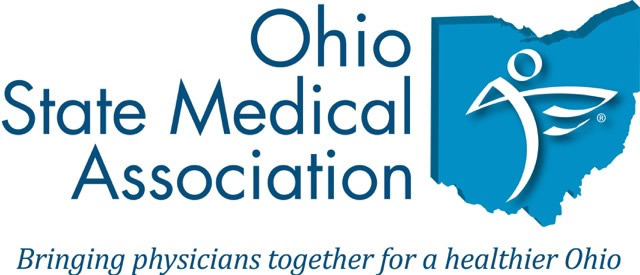view all news
Complete Story
Prior Authorization Insurance Reform Efforts:
Complete Story
03/17/2022
Federal Advocacy Updates
OSMA continues to work with the American Medical Association (AMA) on a number of different advocacy efforts at the federal level. Last week, the AMA provided the following update on some important initiatives.
Prior Authorization Insurance Reform Efforts:
- Improving Seniors Timely Access to Care Act (HR 3173/S 3018)
This initiative includes a number of important reforms to simplify and streamline the prior authorization process in Medicare Advantage plan. The bill currently has 261 Bipartisan House cosponsors and 18 Senate Bipartisan Cosponsors. Hope to have the bill considered in the House this year. - Gold Card
Organized medicine is working on a gold card prior authorization bill similar to those introduced and passed recently at the state level. This bill would be focused on Medicare Advantage plans – discussions are on-going regarding language and introduction. - Reviewing Barriers to Substance Use Treatment
This initiative is focused on eliminating utilization management for Medication Assisted Treatment in Medicaid.
Telehealth:
- H.R. 1332/S. 368, the Telehealth Modernization Act of 2021 S
This initiative would lift the rural-only restriction and add any site where a patient is located as a potential originating site. - H.R. 2903/S. 1512, the CONNECT for Health Act
This initiative would lift the rural-only restriction, add the home as an originating site, establish a process for the HHS Secretary to add originating sites, and provide HHS with the permanent authority to waive section 1834(m) restrictions. - H.R. 2471- Omnibus CAA 2022
This proposal includes provisions to extend for approximately 5 additional months upon the federal government declaring the conclusion of the public health emergency (PHE) a multitude of existing Medicare telehealth flexibilities initially created at the start of the COVID-19 pandemic following the passage of the CARES Act:
- Continues the current suspension of the geographic and originating site restrictions for Medicare beneficiaries seeking telehealth for an additional 151 days after the PHE officially ends
- Delays the in-person requirements under Medicare for mental health services furnished through telehealth and telecommunications technology
- Allows for audio-only telehealth services to continue to be provided to Medicare telehealth beneficiaries for 151 days after the end of the COVID-19 PHE
Other Legislative Initiatives
- PREVENTS Act (Prepare for and Respond to Existing Viruses, Emerging New Threats, and Pandemics Act)
This is a bi-partisan bill that is focused on strengthening the nation’s public health and medical preparedness and response systems in the wake of the COVID-19 pandemic. This initiative includes the following provisions:
- Create a new independent COVID-19 task force to properly review and evaluate the COVID-19 response, as well as its gaps and breakdowns;
- Modernize the supply chain of critical medical products and seek to better supply the Strategic National Stockpile (SNS) and require the Secretary of the U.S. Department of Health & Human Services report to Congress on the state of the SNS, and to issue guidance and hold annual meetings with public health officials and stakeholders on how states, territories, and Tribes can access the SNS;
- Seek to create more accountability for the Center for Disease Control (CDC) by requiring the Director to be subject to Senate confirmation and requiring a strategic plan from the agency every four years;
- Establish an Office of Pandemic Preparedness and Response Policy (OPPRP) within the Executive Office of the President to advise on pandemic preparedness and response policy and support coordination and communication within the federal government.
- Modernize biosurveillance capabilities and infectious disease collection; and
- Improve recruitment and retention of the frontline public health workforce.
- Create a new independent COVID-19 task force to properly review and evaluate the COVID-19 response, as well as its gaps and breakdowns;

